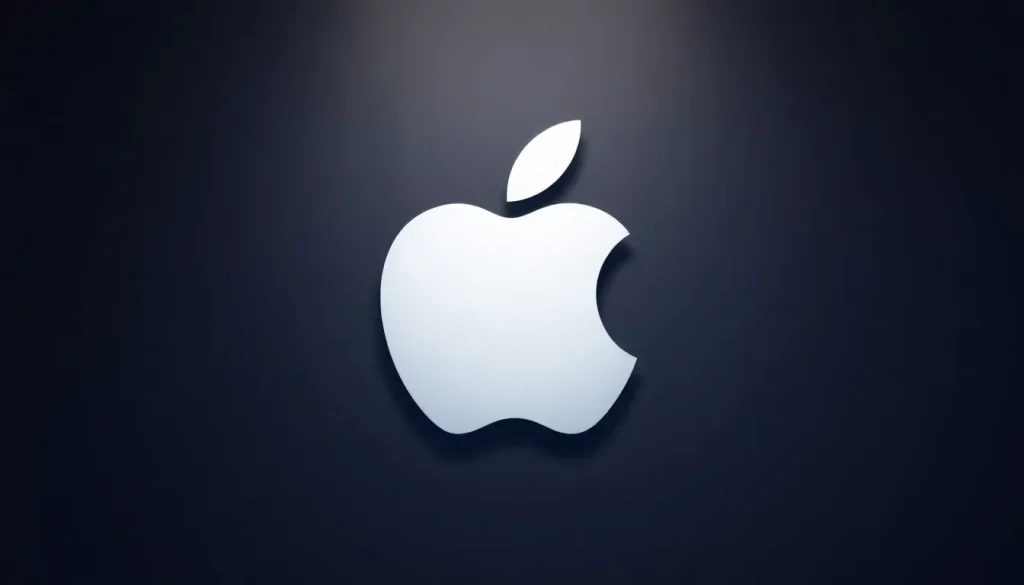US shutdown provides Apple relief in DoJ antitrust case

In recent months, Apple has found itself at the center of a significant antitrust lawsuit filed by the U.S. Department of Justice (DoJ). As the case unfolds, the company has encountered a temporary reprieve due to the U.S. Government shutdown. This unexpected situation not only gives Apple a moment to regroup but also raises questions about the implications of such legal battles in the tech industry.
Understanding the broader context of this lawsuit and the ramifications of the government shutdown can provide valuable insights into the ongoing dynamics between major tech companies and regulatory authorities.
Why did the DOJ file a lawsuit against Apple?
The antitrust lawsuit against Apple stems from concerns over its market dominance in various sectors, particularly regarding its App Store policies. Critics argue that Apple's practices stifle competition, limiting choices for consumers and developers alike. The key allegations include:
- **Monopolistic practices**: Apple allegedly maintains an unfair advantage by controlling the distribution of apps on its platform.
- **High commission fees**: The 30% commission charged to app developers has been a point of contention, leading to accusations of exploitative pricing.
- **Restrictions on third-party payments**: Developers are often prohibited from directing users to alternative payment methods, further entrenching Apple's position in the market.
These claims reflect a growing concern among regulators about the influence and power of tech giants over the digital economy. In a landscape where innovation is key, the actions taken by authorities like the DoJ aim to ensure a level playing field for all businesses, fostering competition and consumer choice.
How did Apple respond to the antitrust lawsuit?
Apple has responded to the lawsuit with a mixture of defiance and cooperation. The company has consistently defended its practices, arguing that its App Store policies are designed to create a safe environment for users and developers. In their defense:
- Apple emphasizes the **benefits of a curated App Store**, which allegedly helps maintain quality and security.
- The company argues that the fees charged are justified by the services provided, including marketing support and infrastructure.
- Apple maintains that its policies encourage innovation and competition, rather than inhibit them.
Despite its firm stance, Apple has also indicated a willingness to engage with regulators. The company has participated in discussions aimed at addressing concerns and finding potential compromises. This dual approach reflects the complexity of navigating legal challenges while maintaining a strong market position.
Impact of the U.S. government shutdown on the lawsuit
The recent government shutdown has introduced a significant delay in the proceedings of Apple's antitrust lawsuit. With many government operations paused, the DoJ has temporarily halted its discovery process. This situation arose on October 1, when the funding agreement for government services lapsed. As a consequence:
- The U.S. District Court for New Jersey received a request from the DoJ to stay the discovery proceedings.
- Apple did not object to this request, allowing the court to implement the stay.
- All pending deadlines and motions related to the case have been administratively terminated until funding is restored.
This pause means that Apple will not have to meet any immediate demands related to the antitrust suit, giving the company a brief respite. However, the duration of this stay remains uncertain, as government shutdowns can vary in length, potentially lasting from days to weeks.
Who is representing Apple in the antitrust case?
In any legal battle of this magnitude, the representation of the parties involved can significantly impact the case's outcome. For Apple, the legal team comprises seasoned attorneys with extensive experience in antitrust and corporate law. Their expertise is crucial in navigating the complexities of the litigation process. Some notable aspects of Apple's legal representation include:
- **Experienced counsel**: Apple has engaged top-tier law firms known for their prowess in challenging antitrust lawsuits.
- **Strategic defense**: The legal team is likely to leverage a combination of legal precedents and market analysis to bolster Apple's position.
- **Collaborative approach**: Apple’s lawyers may also work with industry experts to provide insights into the competitive landscape and justify the company’s practices.
The outcome of this case could set significant precedents for not only Apple but also for the entire tech industry, influencing how companies operate within competitive markets.
What does the future hold for the antitrust lawsuit against Apple?
Looking ahead, the trajectory of the antitrust lawsuit will be closely monitored by industry experts, legal analysts, and consumers alike. The implications of this case reach far beyond Apple, as it could reshape the regulatory landscape for technology companies. Some key factors to consider include:
- **Potential legislative changes**: Depending on the outcome, Congress may revisit antitrust laws to better address the challenges posed by modern technology.
- **Business strategies**: Companies may alter their operational strategies in response to the ruling, ensuring compliance with any new regulations.
- **Consumer impact**: Changes in the app market could lead to more choices and better pricing for consumers, fostering a more competitive environment.
The outcome of the lawsuit could take time to materialize, but its implications will likely reverberate throughout the industry for years to come.
For those interested in understanding the nuances of this legal battle, this video provides a comprehensive breakdown of the DoJ's case against Apple:
As the case unfolds and the government shutdown lingers, all eyes will be on Apple and the DoJ, waiting to see how this pivotal moment in tech regulation will evolve.




Leave a Reply